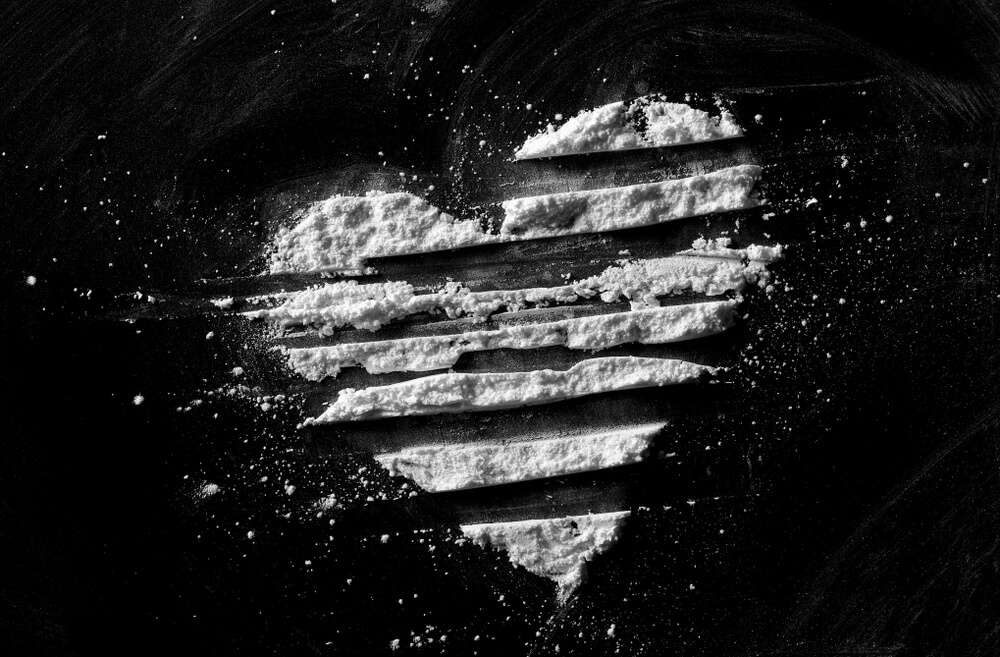Signs of Cocaine Abuse and Long-Term Effects of Cocaine on the Heart
While other stimulants like methamphetamine and fentanyl have taken over the popular imagination when it comes to drugs, cocaine is still the drug of choice for many who suffer from substance use disorders. What users may not realize is that the long-term effects of cocaine on the heart (and rest of the body) can cause significant health problems, including death. If you or a loved one is doing too much coke, it is important to get help before it’s too late.
You may not become addicted to cocaine the first time you try it. But as you continue to use, it will have more and more of an effect on you. Everyone has a bad habit or three, even those who aren’t drug users, but as long as they don’t affect your daily life, you can live with them.
A cocaine habit often turns into an addiction, where your using starts causing problems for your physical and mental health, as well as your ability to function on a day-to-day basis. You start paying more attention to how you will get the coke and where you’ll use it, instead of things like your job or your relationships with your loved ones.

Signs that you’ve developed an addiction include:
Poor performance at work or school. Now that you’re paying less attention to daily activities, you’ll be worse at them. Your thoughts may be taken up with cravings or plans for using. Or you may be showing some physical or mental symptoms that distract you from the work in front of you. Either way, your performance has noticeably deteriorated.
Mood swings. Cocaine causes changes in the way your brain works, especially with the neurochemicals or brain transmitters that help regulate your moods. The addiction may also make you feel more anxious or depressed than usual.
Changes in the way you look as well as your physical health. For various reasons, drugs tend to weaken or suppress your immune system, so you’re more likely to catch whatever virus or bacterial infection is going around. As you focus more and more on the drug, you may not be showering or brushing your teeth as often as you used to. You might not be paying attention to laundry or similar chores either.
Changes in the way you sleep. Drugs interfere with your body’s natural circadian rhythm. You might have a hard time falling asleep or staying asleep. You may get a lot of sleepless nights, and you could end up sleeping all morning to counteract the lack of sleep from the night before.
No interest in your usual activities. As the drug takes over, you start neglecting your family, friends, and other close relationships. Any hobbies or fun activities that you used to do take up time you could be getting high, so you give those up. You might have difficulty getting to work or school every day.
Legal and/or financial issues. People abusing substances often exhibit risky behaviors, like driving under the influence or getting into physical fights. Many of these issues lead to jail time. As you build up your tolerance to coke and need more and more of it for the same effect, you need to spend more money on it which causes financial problems. You might start borrowing money from people that you know but have a hard time paying it back because you’re using it to buy drugs.
Problems with your relationships. Not only do you stop hanging out with people you like and love, but they may also start noticing that you’re having issues. Whether or not they know cocaine is the culprit, they want you to get better. You may realize they’re just trying to help. But when you’re deep in cocaine addiction, you either don’t think you need the help, or you’d rather do the drug instead of getting into recovery.
While many drug addicts experience some or all of the symptoms listed above, there are also clear signs that you have a problem with cocaine specifically. Coke affects your brain’s reward pathways so it doesn’t make as much of the neurochemicals (brain transmitters) as it needs to. In addition, cocaine makes the circuits that are involved with stress response more sensitive, so when you’re not high you’re feeling bad and have a lot of negativities.
As you take more and more cocaine, you build up a tolerance to it. You need more and more to feel the effects that you’re looking for, such as pleasurable feelings. Unfortunately, this coincides with an increased sensitivity to negative effects, so you don’t need as much to have anxiety or convulsions, or other toxic effects.
If you’ve developed a cocaine use disorder, you probably take it in binges, ingesting a lot of it all at once. That leads to issues like:
- Panic attacks
- Increased irritability
- Paranoia, believing that other people are out to get you
- Psychosis, where you lose touch with reality and may begin to hear things that aren’t really there
